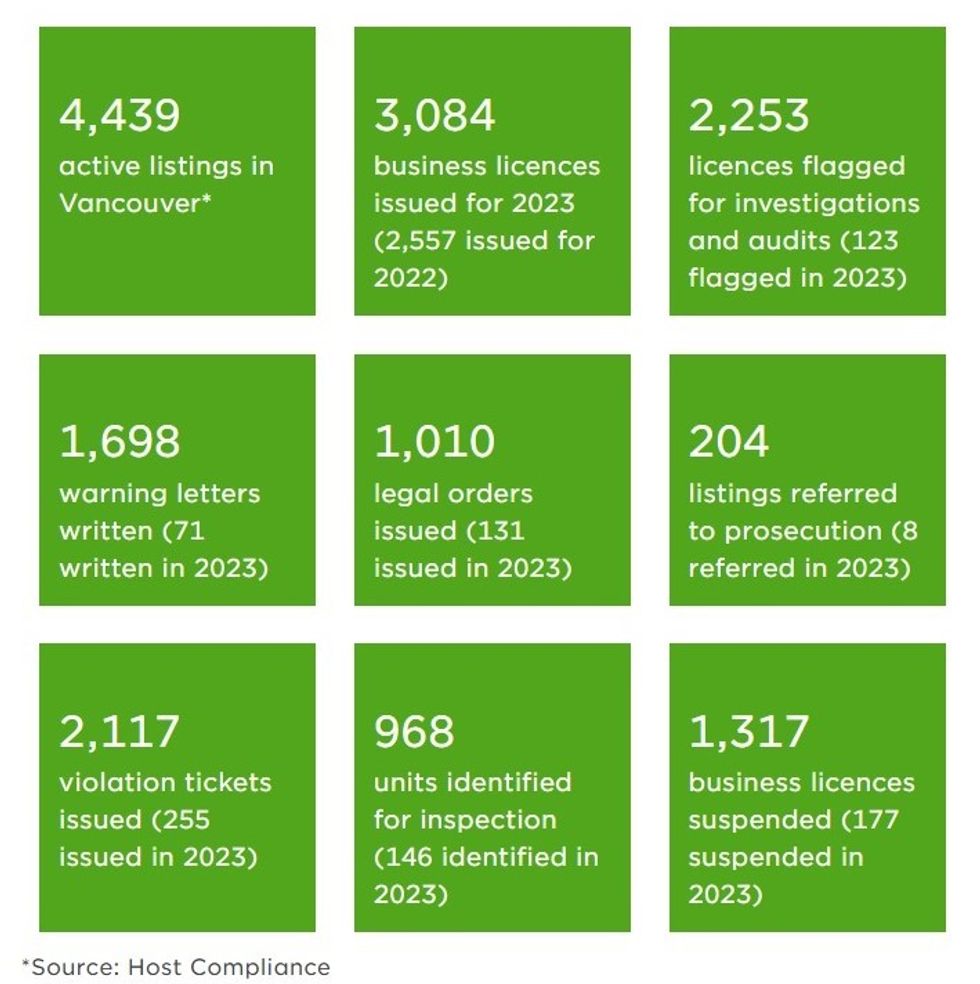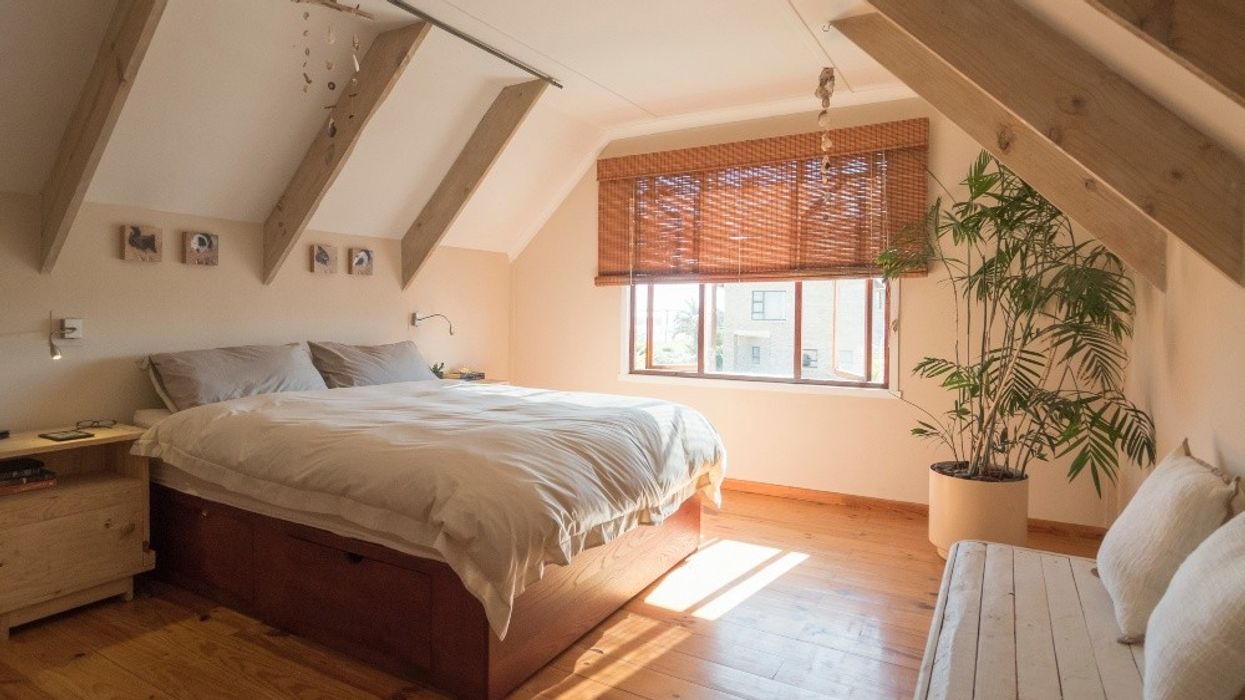After a summer that saw increased attention and anger directed at short-term rentals, the City of Vancouver is taking action by significantly raising license fees.
In a meeting on Wednesday, the Standing Committee on City Finance and Services considered a report from staff that recommended the current short-term rental license fee of $109 be raised to $450. Councillor Lenny Zhou, a member of the ABC Vancouver super-majority, then introduced an amendment proposing the fee be raised to $1,000.
The motion was passed unanimously.
Although the extent of the fee increase may be a surprise, the fact that Council decided to take on short-term rentals is not.
Over the summer, a Twitter user named Mortimer (@mortimer_1) has been on a crusade on Twitter identifying listing after listing of Airbnbs in Vancouver that were either operating with invalid or expired licenses, and tagging members of Vancouver City Council, as well as Premier David Eby and Minister of Housing Ravi Kahlon.
Brand new Shaughnessy mansion... using a completely invalid Short Term Rental License number of 19-63889
May be a fraudulent listing, but these listing should never even be making it onto the platform... @CityofVancouver @LennyNanZhou https://t.co/2rcBiymEuE pic.twitter.com/gN17Pho1aY
— Mortimer (@mortimer_1) July 15, 2023
And another new AirBNB listing... bookable for <30 nights... license "Exempt"
Continuing to show the City of Vancouver licensing system is a joke and AirBNB has no interest in helping prevent this... @KahlonRav @Dave_Eby @LennyNanZhou https://t.co/LWtd9wBLla pic.twitter.com/dhnwp6LWH2
— Mortimer (@mortimer_1) September 4, 2023
The tweets eventually caught the attention of Zhou, who published an open letter to Eby, Kahlon, and Minister of Municipal Affairs Anne Kang in late August seeking support.
"The impact of non-compliant [short-term rentals] on our housing market has been a matter of significant concern for both our residents and local authorities," Zhou wrote. "Over the past few weeks, I have undertaken extensive research by engaging with community leaders, STR operators, STR platform representatives, strata councils, media, other elected officials, and the enforcement department at the City of Vancouver. The findings have shed light on the gravity of the issue, and it has become evident that the abuse of the current system through loopholes in the legislation is unacceptable, especially during the ongoing housing crisis."
Zhou then asked the Province for more financial resources and improved technology in order to bolster the City's enforcement department and its monitoring capabilities, as well as legislative support in the form of raising the $1,000 violation penalty. He also asked for better data sharing between the Province and the City, stronger regulations regarding platforms such as Airbnb, and amendments to legislation that currently create an environment that incentivizes — oftentimes indirectly — short-term rentals, as opposed to long-term rentals, for landlords.
"It is also important to emphasize that our focus is not to stifle legal STR operators, as we recognize the scarcity of hotel spaces," Zhou added. "Our primary aim is to effectively regulate and enforce against illegal STR operators."
In the same meeting on Wednesday, Zhou's colleague Councillor Sarah Kirby-Yung introduced a motion of her own to address the hotel room shortage in Vancouver, which was also passed.
According to the City of Vancouver's own statistics, as of September 7, 2023, there are a total of 4,439 active listings and 2,253 licenses that have been flagged for investigation or audit, 123 of which were flagged in 2023.

Following the approval of Zhou's amendment, the new license fees will come into effect on January 1, 2024. As part of the same report, staff also recommended various other license fees be increased, including those for general contractors, trade contractors, gas stations, all with increases of less than 50%.
Upon his appointment as the Minister of Housing in December, Kahlon was also given a mandate letter by Premier Eby that asked him to "introduce legislation establishing new tools for local governments to help them better regulate short-term rentals in their communities" and Kahlon has since said that this legislation is in the works.





















